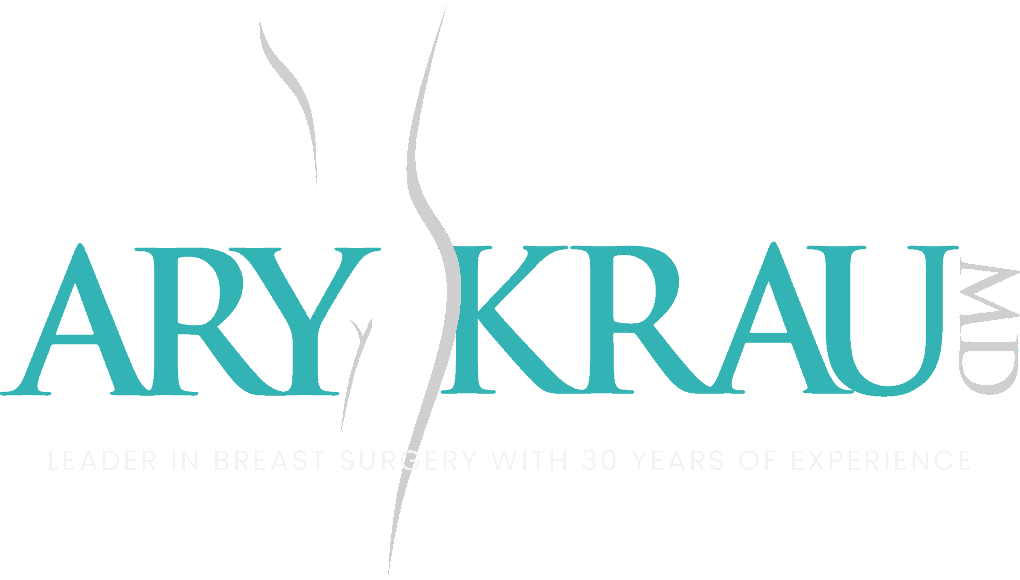
Although thinned or weakened tissues typically are most common among older women and those who’ve had significant weight gain and loss, even younger patients can be at risk – especially those who have already had implants that may have stretched or otherwise overtaxed the supportive tissue, women who’ve had complications following implant surgery and those who’ve had a traumatic injury involving the chest area.
In the past, these patients likely would not be considered good candidates for augmentation or revision surgery. But now, thanks to a natural, biologic material called acellularized dermal matrix (ADM), patients with thin or weak tissue can experience the same results from surgery as those who have thicker, stronger underlying tissue.
What is ADM?
ADM begins with healthy cells that are “decellularized,”which means the essential materials that comprise and define the cell are removed. What’s left is the matrix – a framework or scaffolding that the body can use as a supportive skeleton to help new cells form. The matrix is like a sturdy mesh that helps provide a strong network for these new tissues. Formed into a sterile sheet, ADM has been used for years in reconstructive surgery including reconstructive breast surgery, but in recent years, its utility in the cosmetic surgery arena has steadily increased.
Implant and Revision Surgeries
ADM reinforces a woman’s own soft tissues, encouraging the development of new, healthy cells and nutrient-supplying blood vessels. By helping natural tissue become stronger, ADM provides the structure needed to properly support implants over time and to form the full, rounded curves that help implants look natural.
In revision surgery, ADM promotes new cellular growth that helps correct defects and tissue damage that can occur following injury or implant complications as well as strengthening tissue that has become weakened as the result of multiple surgeries.
ADM is a natural biologic material, which means it’s well received by the body’s own tissues, and because new cells and blood vessels will continue to form for months following the procedure, the tissue surrounding the breasts will continue to strengthen and become more supportive over time.
If you’ve been told you’re not a good candidate for implant or revision surgery due to thin or weakened tissues, don’t take “no” for an answer. Using ADM, you may be able to enjoy the self-confidence that comes from having smooth, natural-looking curves. The first step in learning whether ADM might be a good choice for you is to schedule a consultation here or give us a call to set up a consultation (305) 861-6881.







